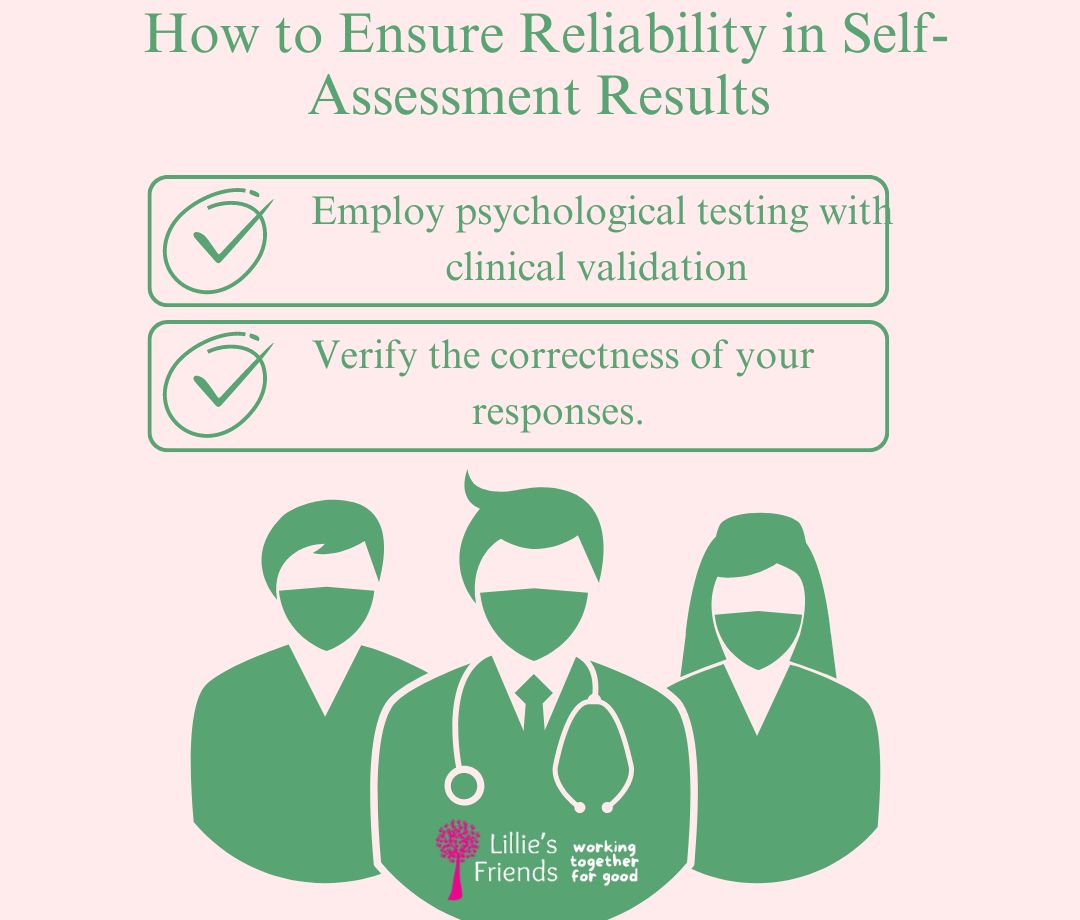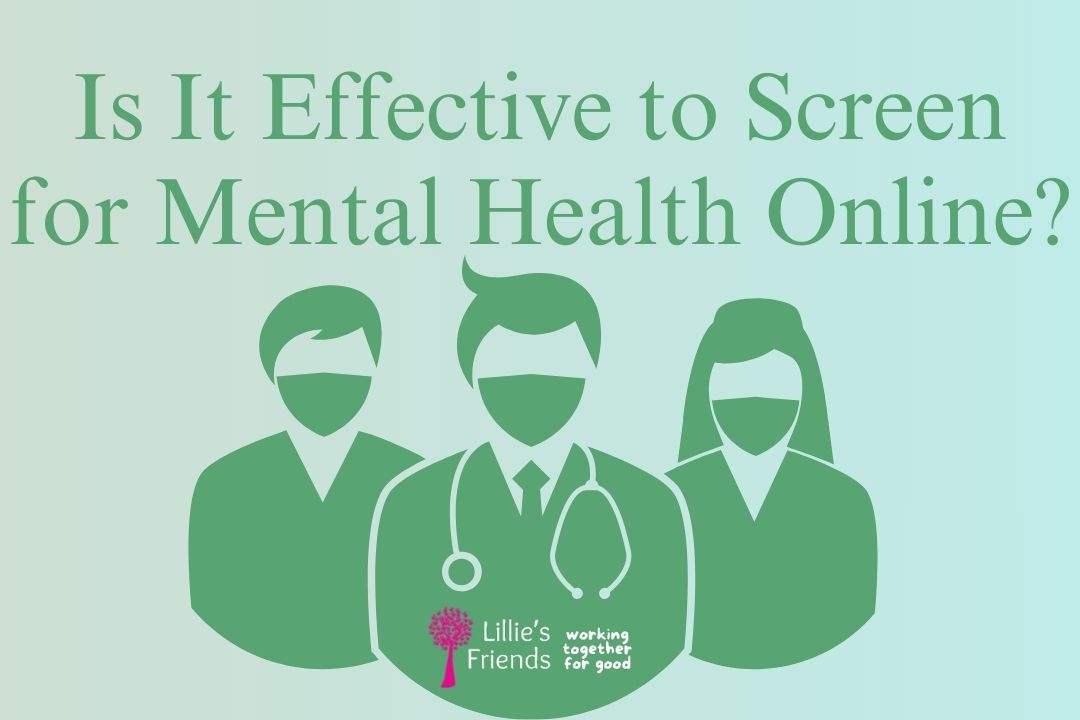The term “online mental health screening” is relatively new in the medical field. One can determine whether there are any indications of a mental health issue or condition by taking a variety of online exams. Mental health providers can also use the data gathered from these assessments to monitor the patient’s progress, gain a clearer picture of their condition, and ask more in-depth questions on the first appointment.
Can online mental health assessments, however, match traditional questionnaires in terms of clinical efficacy? Let’s take some time to study the various screening options and their optimal applications in order to respond to this topic.
Benefits of Tools for Mental Health Screening
The purpose of mental health exams is to identify your current mental state and diagnose mental illnesses, such as chronic fatigue syndrome, depression, anxiety, ADHD, insomnia, and others. Still, only a physician is qualified to diagnose and validate such findings.
Online screening examinations often consist of questions pertaining to thoughts, behavior, and feelings. You may also be questioned about your symptoms, how they impact your day-to-day activities, what helps or worsens them, and whether or not you have attempted to manage them on your own and how. Cognitive tests to determine your ability to reason clearly, retain various types of knowledge, and apply reasoning skills may be part of these evaluations. Inquiries about how you go about your everyday business, take care of yourself, or work may also be asked of you.
How Reliable Are Assessments of Mental Health?
Mental health screenings have the potential to lessen stigma and raise awareness of common mental health problems. These resources can also be used to initiate a conversation with a mental health professional or to encourage people to seek treatment. Nevertheless, it’s critical to see them as self-help resources rather than a means of receiving a medical diagnosis.
Online self-assessments carry the following two main risks:
- Verify the dependability. Tests on the internet that are free are not as reliable as those that have been clinically validated in papers or studies. With more research and data points, a test’s reliability is more likely to rise. However, one must keep in mind that no test, no matter how good, can take the place of a qualified expert’s assessment.
- Reliability of self-reports. Honestly evaluating oneself might be difficult. For example, people may be afraid to admit that they struggle to make friends or that they could do better at communicating. Therefore, certain exams may measure how someone wants to come across or how they regard themselves, rather than assessing how well they are operating.
What Comes Next After the Mental Illness Examination
Just because you got a diagnosis from an online test does not mean that you have a diagnosis or that it is correct. Occasionally, rather of documenting a person’s total wellness, these surveys merely capture their present level of wellbeing.
Anyone who is concerned about their mental health should speak with a psychologist or therapist, among other mental health professionals. Starting a conversation could be as simple as talking about the results of an online test. It’s also critical to focus on the issues you currently face as well as the findings of the test. For instance, if you have anxiety and can describe your symptoms in great detail, this will help your doctor make a diagnosis and select a course of treatment.
What Distinctions Exist Between Online and In-Person Mental Health Screening?
It is more accurate to have your symptoms and mental health evaluated in person than it is to complete online mental health screening forms. Speaking with a psychologist face-to-face about your emotions can be beneficial in assessing your actual mental health. In addition, if you are being tested by a mental health expert, he or she may probe further into your behaviors and ideas. Inquiries on emotions, mood, behavior patterns, and other symptoms may also be made by your doctor.

List of Resources for Mental Health Screening
A variety of mental health evaluations are accessible to ascertain the likelihood of various mental health conditions, including anxiety, depression, phobias, and so on. A number of the most often used psychological tests are
- Depression assessment tool, Beck (BDI ↗)
- Anxiety scale Beck (BAI)
- Fear survey
- A fleeting fear of a negative rating scale
- The IPGDS, or international prolonged grieving disorder scale
These are a few instances of common surveys that, when completed honestly and submitted online, can yield reliable results.
Last Remarks
The capacity to comprehend your current mental state and the secrecy of online mental health screening tests are just two advantages. However, you must get expert assistance for an appropriate diagnosis if you feel that your symptoms are interfering with your day-to-day functioning. Get in touch with us to speak with qualified experts.











